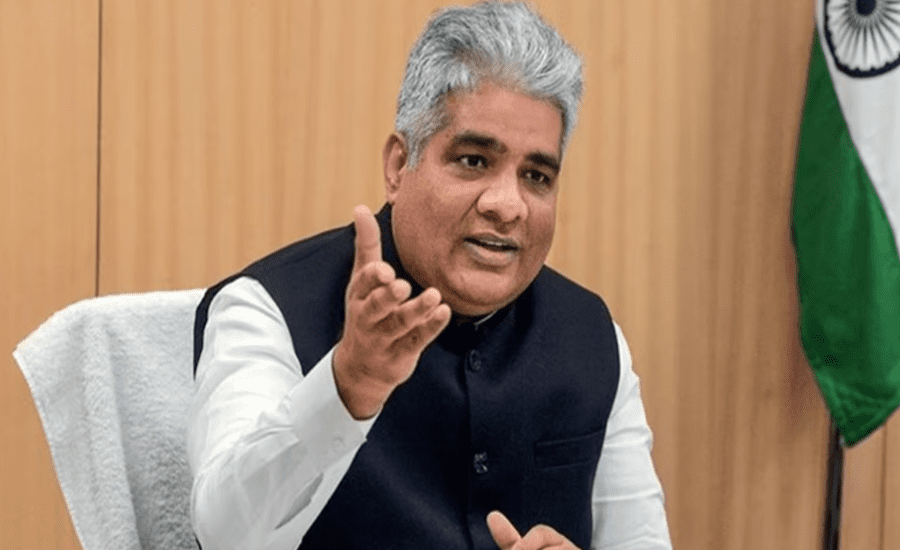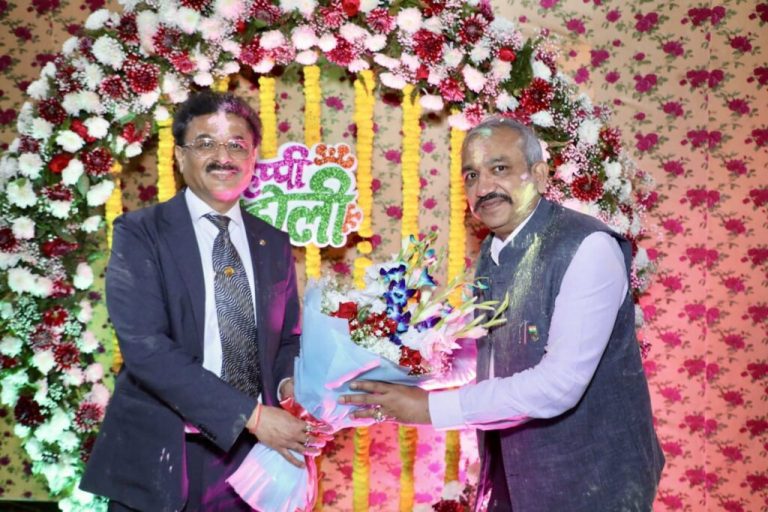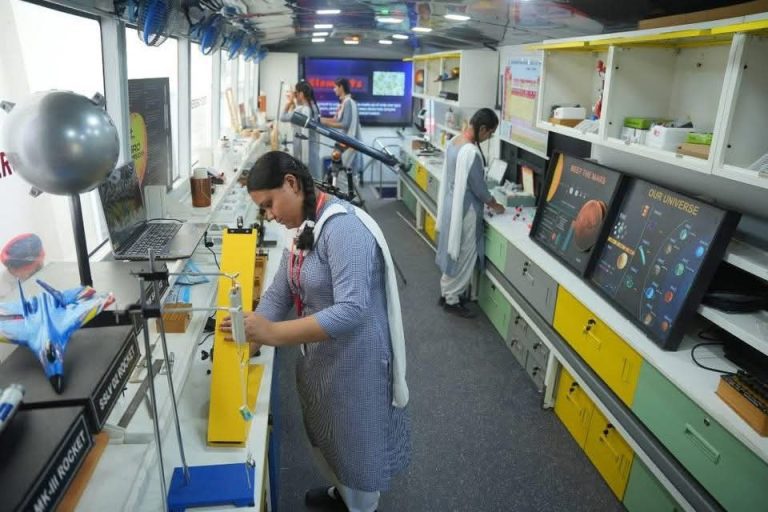New Delhi: Amid growing speculation that the central government may soon mandate air conditioner temperature settings between 20°C and 28°C, Union Environment Minister Bhupendra Yadav has clarified that no such rule is being implemented at present. Speaking at the India Climate Summit (ICS) 2025, the minister dismissed any imminent enforcement, suggesting that such measures may only be considered after 2050.
Current Freedom Maintained for AC Users
Yadav stated that there is no plan to restrict AC temperature settings in the near future and that the general public will continue to have complete freedom to adjust their air conditioners as per their preference.
When asked about the timeline for such regulation, Yadav responded, “Such a situation can come only after 2050.” He further emphasized that any move toward temperature regulation must be gradual and based on national capacity.
Union Minister Manohar Lal’s Earlier Statement Sparked Speculation
Earlier this month, Union Minister Manohar Lal had stated that ACs in India will soon operate only between 20°C to 28°C and that such a rule would be made mandatory. The statement raised concerns among the public amid extremely high summer temperatures and a surge in power consumption across India.
Environment Minister Urges Equitable Climate Responsibility
Yadav also reiterated India’s commitment to the Common But Differentiated Responsibilities and Respective Capabilities (CBDR-RC) principle. He said that developed countries bear greater historical responsibility for emissions and thus should lead climate action.
India’s Nationally Determined Contributions (NDCs), submitted to the UN climate body, aim to balance energy access with sustainable development, Yadav said, highlighting the importance of aligning national goals with global environmental targets.
BEE Recommends 24–25°C for Energy Savings
The Bureau of Energy Efficiency (BEE) has recommended that ACs be set at 24 to 25 degrees Celsius, arguing that most people currently use ACs at 20–21°C—well below the ideal comfort range. According to BEE:
- Raising the temperature by just 1°C can save around 6% in electricity consumption.
- Increasing it from 20°C to 24°C can result in up to 24% energy savings.
- IECC Study Highlights Massive AC Growth in India
- A study by the India Energy and Climate Center (IECC) at UC Berkeley warned of explosive growth in AC usage:
- India is installing 1 to 1.5 crore new ACs every year.
- Over the next decade, 13 to 15 crore ACs could be added.
Without efficiency measures, ACs could contribute 120 GW of peak power demand by 2030, rising to 180 GW by 2035—nearly 30% of India’s total projected power demand.
The study also noted that by doubling room AC energy efficiency, India could avoid severe power shortages and save consumers ₹2.2 lakh crore (approx. $26 billion) over the next 10 years.
In Summary
- No AC temperature cap will be enforced in the near future.
- Policy may be considered post-2050, as per Environment Minister Bhupendra Yadav.
- Public has complete freedom to set ACs as desired for now.
- Long-term climate strategy will be based on national capability and international equity.































